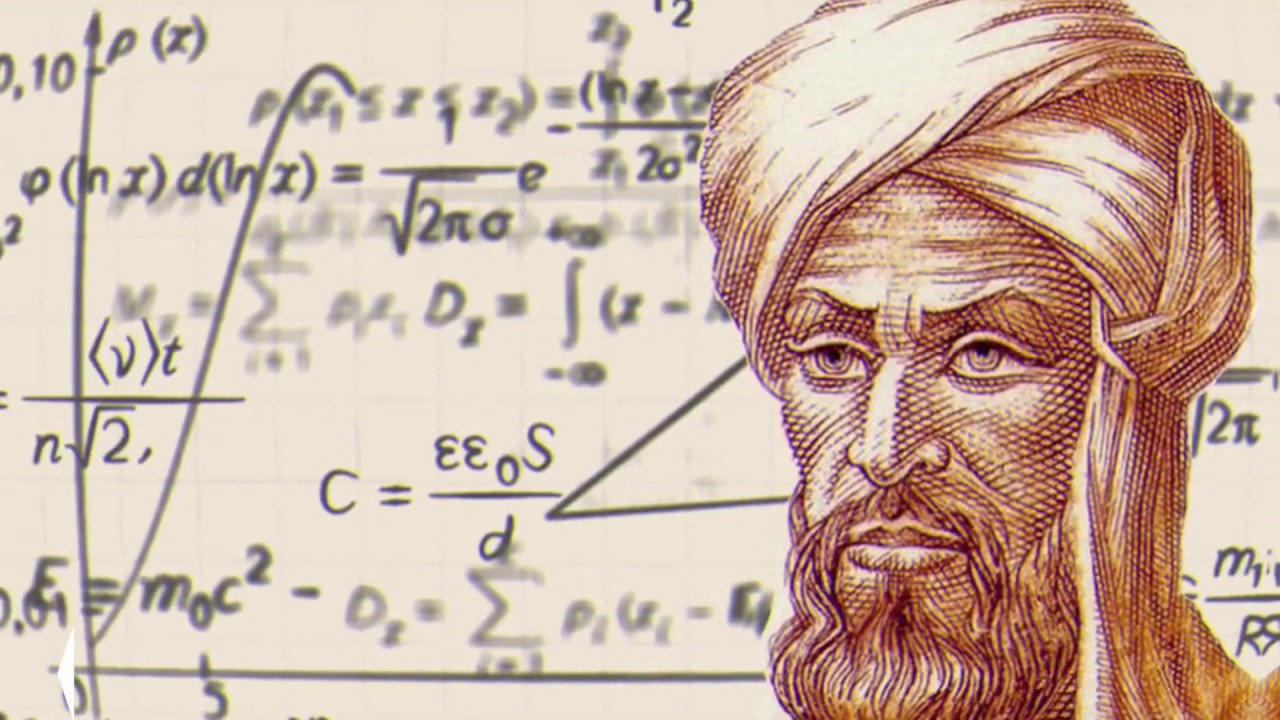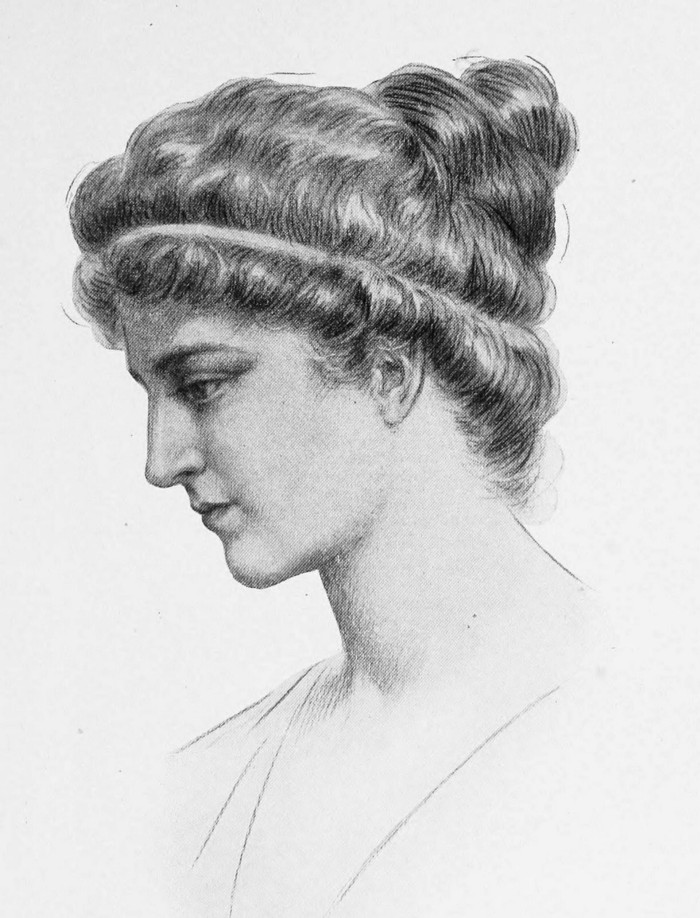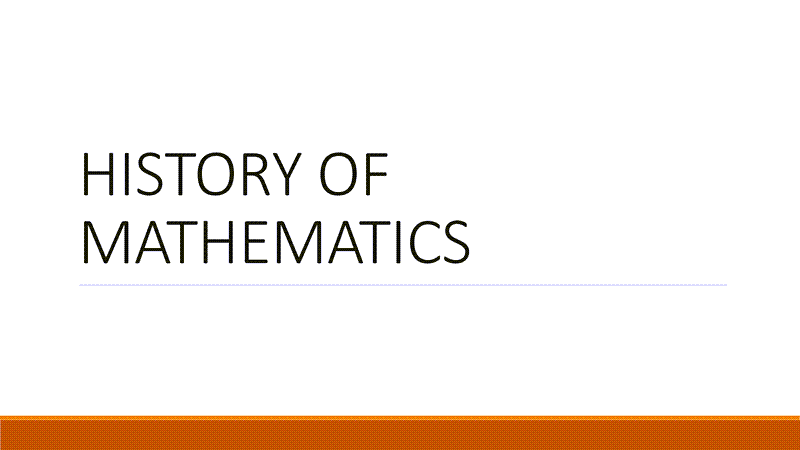Muhammad Al-Khwarizmi

One of the first Directors of the House of Wisdom in Bagdad in the early 9th Century was an outstanding Persian mathematician called Muhammad Al-Khwarizmi. He oversaw the translation of the major Greek and Indian mathematical and astronomy works (including those of Brahmagupta) into Arabic, and produced original work which had a lasting influence on the advance of Muslim and (after his works spread to Europe through Latin translations in the 12th Century) later European mathematics.
“Al-Khwarizmi – The Father Of Algebra”. 2021. storyofmathematics.com. https://www.storyofmathematics.com/islamic_alkhwarizmi.html.
“Al-Khwarizmi: The Father Of Algebra”. 2022. Medium. https://mathladyhazel.medium.com/al-khwarizmi-the-father-of-algebra-2bc1207b9c69.
Suggested Reading
Passey, Debbie. 2024. “Why Are Algorithms Called Algorithms? A Brief History of the Persian Polymath You’ve Likely Never Heard Of.” The Conversation. May 9. https://theconversation.com/why-are-algorithms-called-algorithms-a-brief-history-of-the-persian-polymath-youve-likely-never-heard-of-229286.
Al-Khwārizmī made important contributions to mathematics, geography, astronomy and trigonometry. To help provide a more accurate world map, he corrected Alexandrian polymath Ptolemy’s classic cartography book, Geographia.
He produced calculations for tracking the movement of the Sun, Moon and planets. He also wrote about trigonometric functions and produced the first table of tangents.
Al-Khwārizmī was a scholar in the House of Wisdom (Bayt al-Hikmah) in Baghdad. At this intellectual hub, scholars were translating knowledge from around the world into Arabic, synthesising it to make meaningful progress in a range of disciplines.
Gorodin, Michael. “The Genius Who Invented Algebra”. 2023. ynetnews. https://www.ynetnews.com/health_science/article/hyww0gmas.
Gullapalli, Kalyan. 2023. “Al-Khwarizmi: The Father of Algebra”. LinkedIn. October 12. https://www.linkedin.com/posts/kalyangullapalli_rediscoveringbharat-activity-7118037560878112768-7AXF.
Muhammad ibn Musa al-Khwarizmi (Muhammad, the son of Musa, from the village of Khwarazm), simply called Al-Khwarizmi, was a 9th century CE Persian mathematician, astronomer & geographer. He is considered to be ‘The Father of Algebra.’ Let’s understand why!
“Where The Word “Algebra” Came From?” 2021. Medium. https://mathladyhazel.medium.com/where-the-word-algebra-came-from-6244041f83c3.
“Why Algorithms Are Called Algorithms, And How It All Goes Back To The Medieval Persian Mathematician Muhammad Al-Khwarizmi”. 2022. Open Culture. https://www.openculture.com/2022/04/why-algorithms-are-called-algorithms.html.
In recent decades, a medieval Persian word has come to prominence in English and other major world languages. Many of use it on a daily basis, often while regarding the concept to which it refers as essentially mysterious. The word is algorithm, whose roots go back to the ninth century in modern-day Greater Iran. There lived a polymath by the name of Muhammad ibn Musa al-Khwarizmi, whom we now remember for his achievements in geography, astronomy, and mathematics. In that last field, he was the first to define the principles of “reducing” and “balancing” equations, a subject all of us came to know in school as algebra (a name itself descended from the Arabic al-jabr, or “completion”).
Hypatia Of Alexandria

“Hypatia Of Alexandria”. 2021. Medium. https://himnickson.medium.com/hypatia-of-alexandria-94bb7797919c.
In a time of religious warfare, Hypatia was an outspoken pagan who was also one of the first women to study math, astronomy, and philosophy. Her life is little remembered, but her tragic death at the hands of Christian fanatics is well-known.
Suggested Reading
“Hellenistic”. 2021. storyofmathematics.com. https://www.storyofmathematics.com/hellenistic.html.
By the middle of the 1st Century BCE and thereafter, however, the Romans had tightened their grip on the old Greek empire. The Romans had no use for pure mathematics, only for its practical applications, and the Christian regime that followed it even less so. The final blow to the Hellenistic mathematical heritage at Alexandria might be seen in the figure of Hypatia, the first recorded female mathematician, and a renowned teacher who had written some respected commentaries on Diophantus and Apollonius. She was dragged to her death by a Christian mob in 415 CE.
“The Herstory Of Hypatia”. 2021. Medium. https://joshuashawnmichaelhehe.medium.com/the-herstory-of-hypatia-e2d98c246997.
Roughly speaking, the Hellenistic religion lasted from about 300 BCE to 300 CE, give or take a century or so. In the wake of that, a girl named Hypatia was born in Alexandria, Egypt (which was part of the Eastern Roman Empire) in the year 355. She was the only child of an ambitious and acclaimed mathematician named Theon, who tutored her quite well in the subject, to say the least. This would allow her to become the first female in history to make a substantial contribution to the development of mathematics. Although written records tell us nothing about her mother, we do know that Hypatia’s father made sure that his daughter received the finest education money could buy. So, as well as becoming a famous legacy geometer, Hypatia received her primary education in the ancient Greek city of Athens, which was the philosophical capital of the Greco-Roman world.
Cuna, Jason. “What Ancient Event Has Been Recorded In History That Alerts The World To Human Wickedness?” 2023. Quora. https://qr.ae/prlBjl.
In the name of religion, she [Hypatia] was stripped naked and brutally butchered using ostraka (shards of “roof tiles” or “oyster shells”). Before her horrific ordeal ended, her eyeballs had been gouged, her body had been torn into pieces, her limbs had been dragged through the town to a place called Cinarion, where her remains had finally been set on fire.
